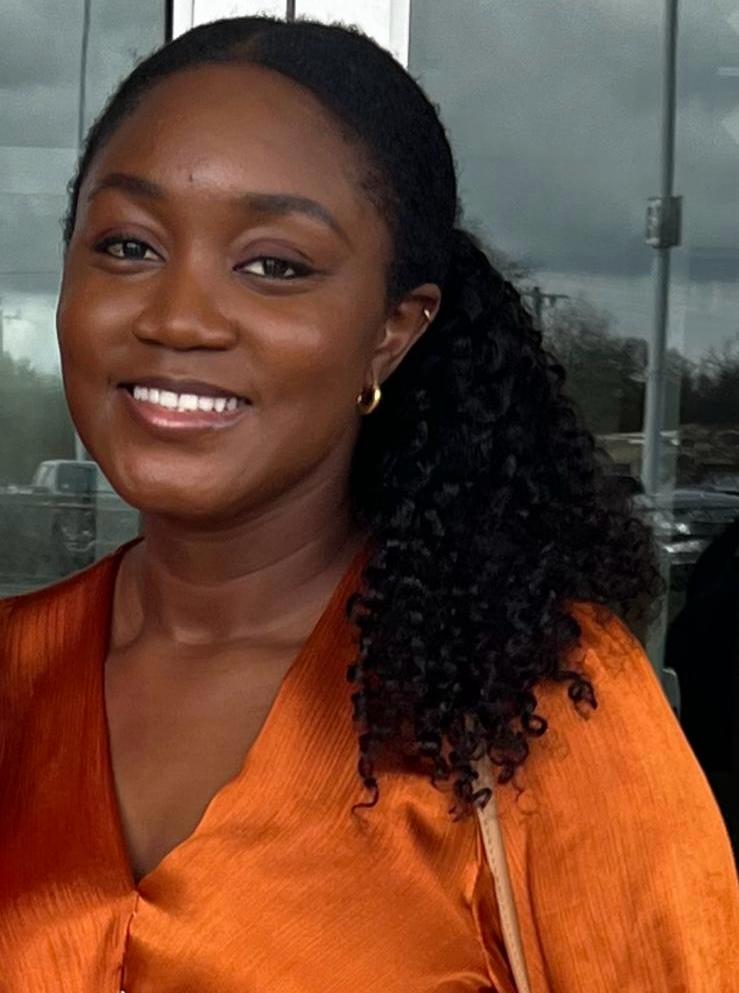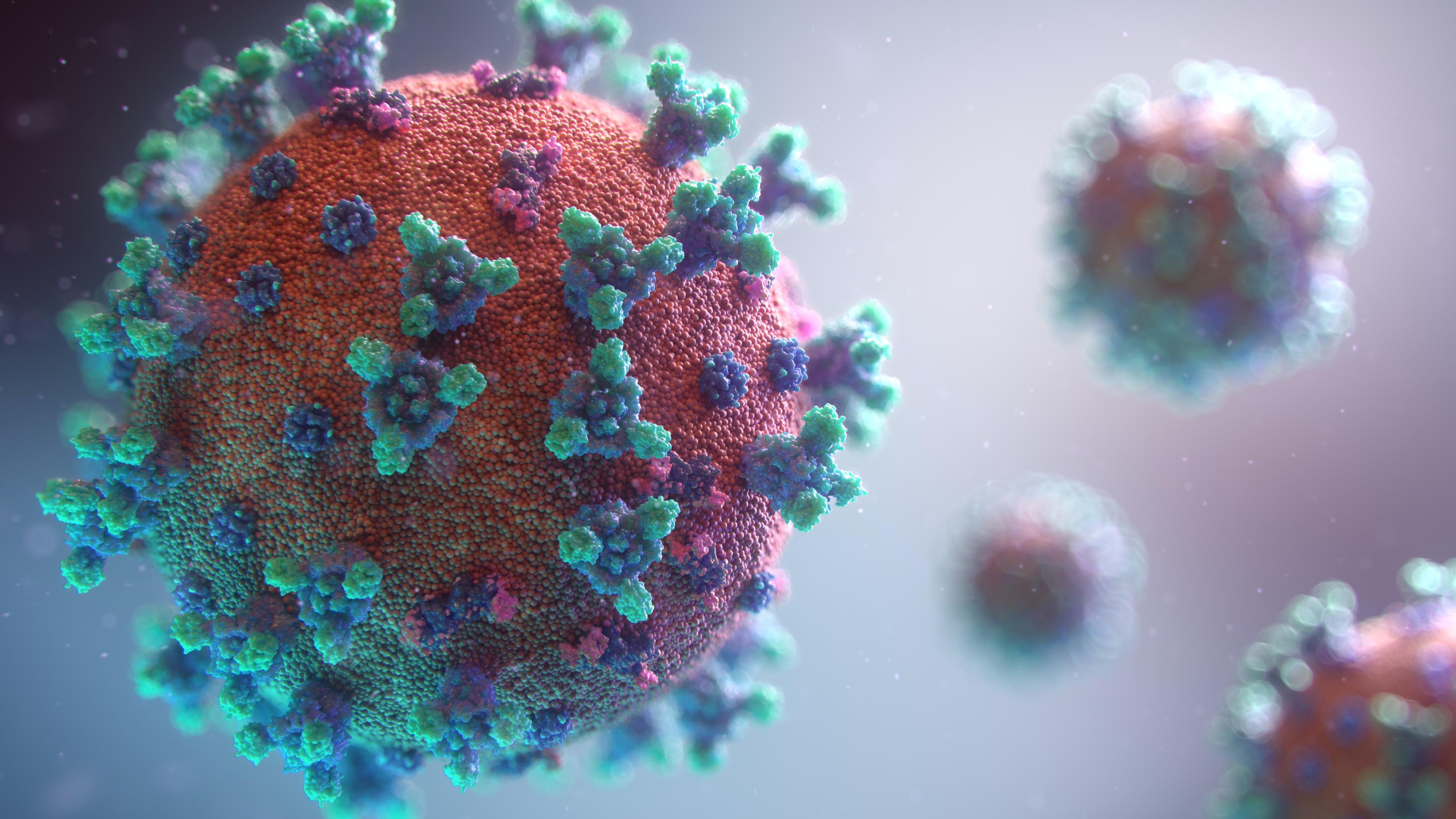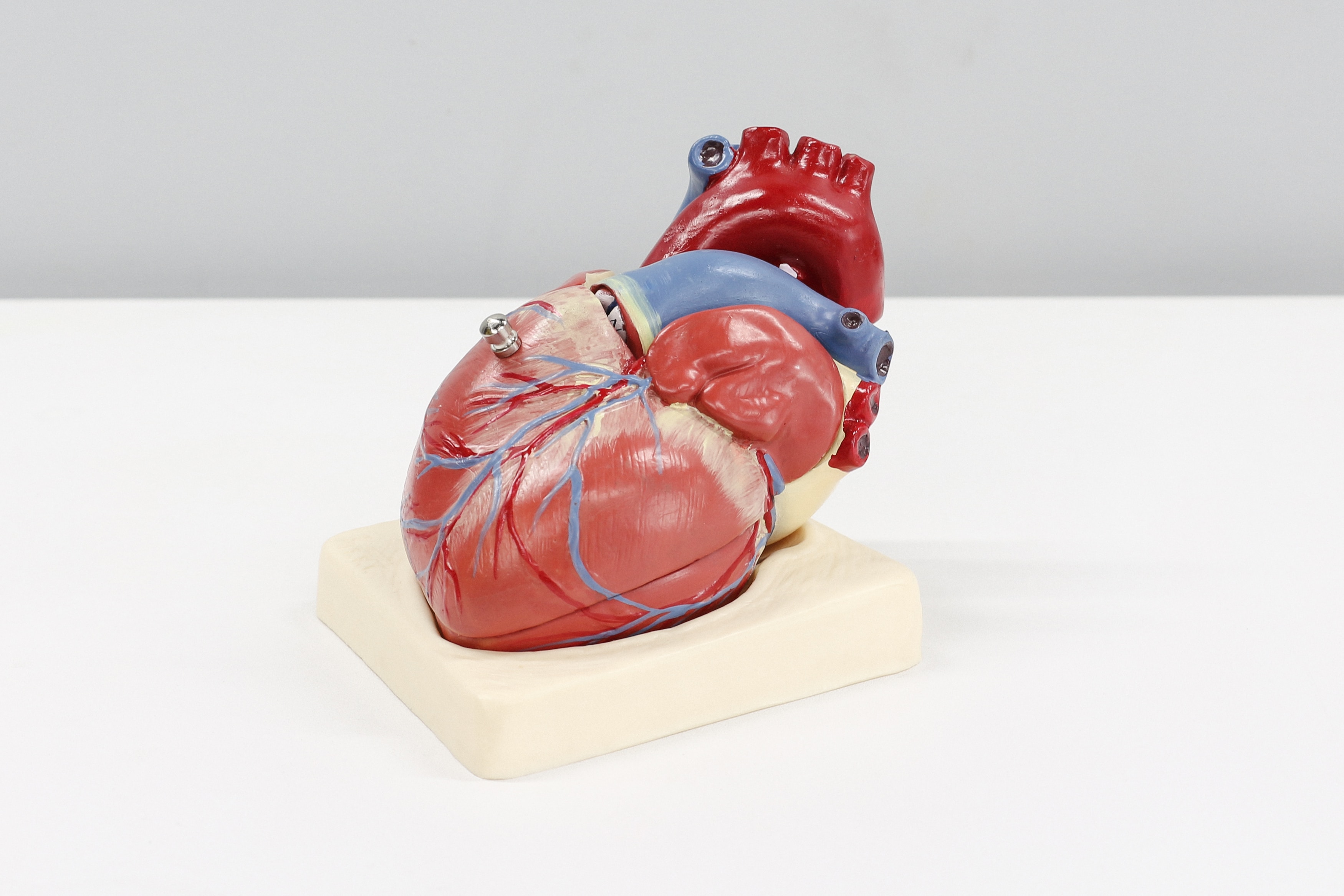
Hi, I'm Christine,
I am a PhD student at the College of Computing & Informaticsat Drexel University, and advised by Dr. Sarcevic in the Interactive Systems for Healthcare Research Lab. Our research focuses on designing intelligent systems to support decison making and infection control in dynamic, fast-paced clinical settings, such as ICUs and EDs. My current project explores ways to monitor and improve personal protective equipment (PPE) compliance among healthcare providers through the design of context-aware reminders and alert systems. My overall research involves participatory design methods and qualitative analysis to create interactive technologies that respond to the challenges of real clinical environments, and ultimately improve patient outcomes. Prior to starting my PhD, I worked in public health research as an epidemiologist and project manager, leading interdisciplinary teams and managing projects in neonatal research, including neonatal studies on prematurity and infant mortality.



